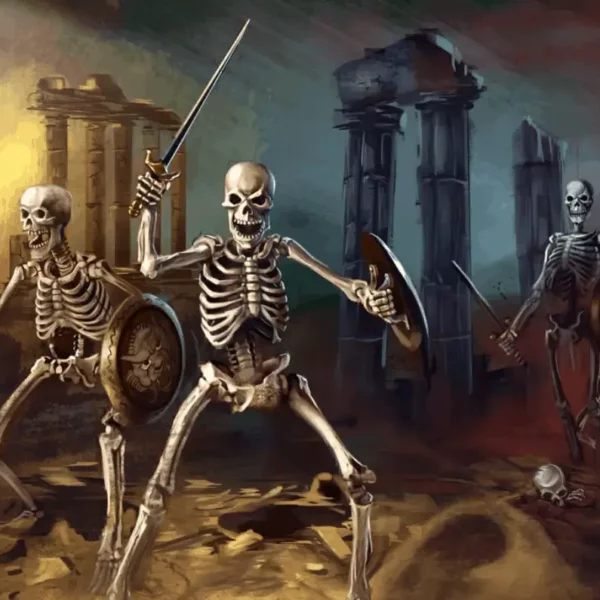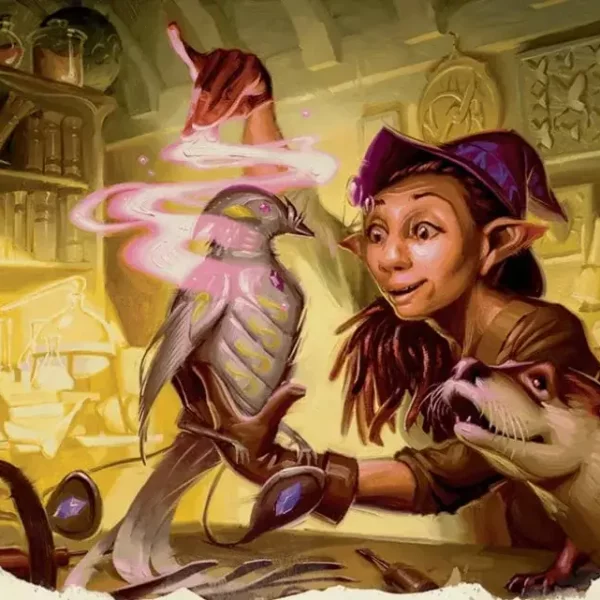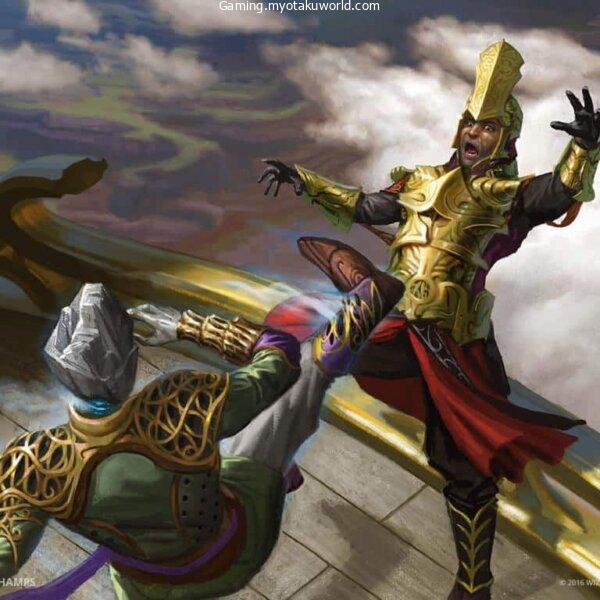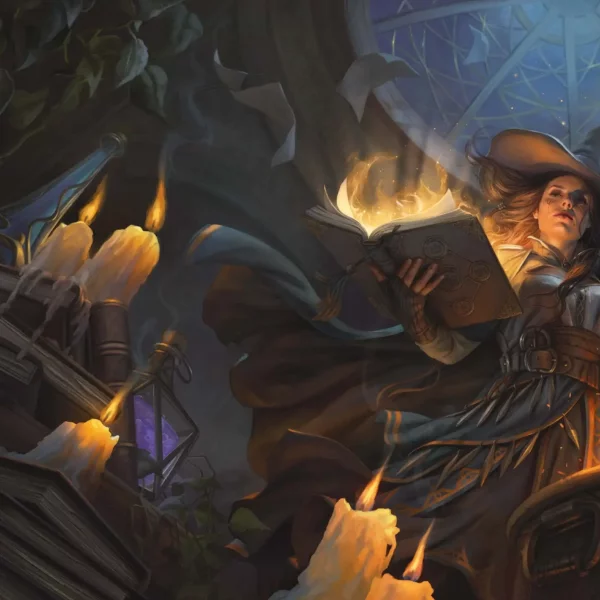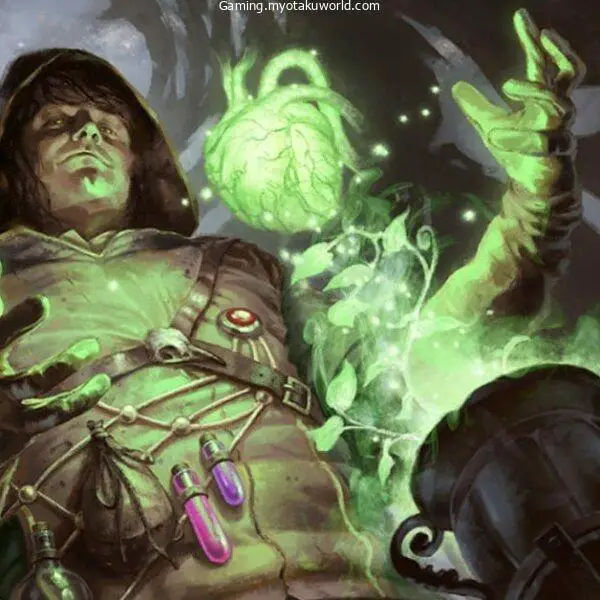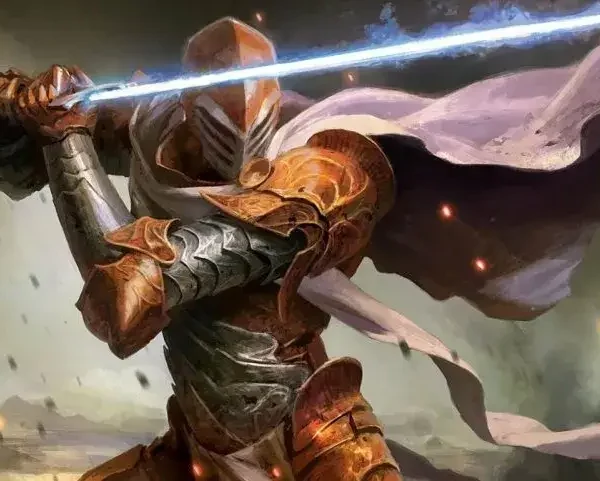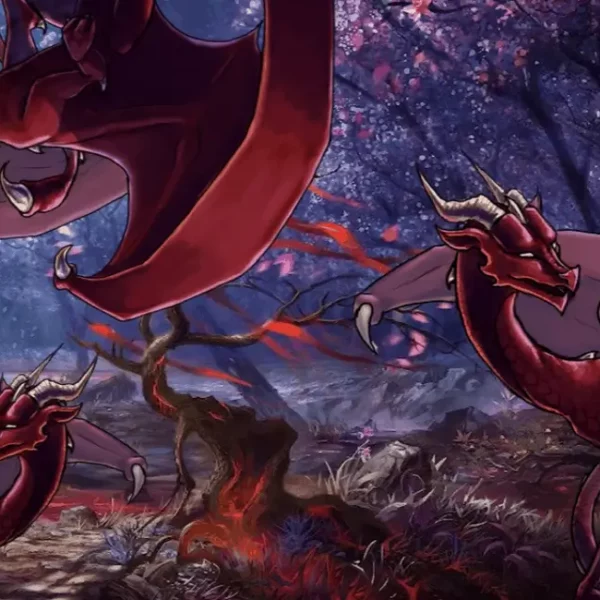Older versions of D&D allowed you to conduct a free action without interfering with your ability to do any other kind of combat action; this was called a free action in those editions. In D&D 5e, there is no such thing as a “free action.”
However, some players and DMs continue to use the word because it was used in past editions of the game.
Free actions include uttering a single word or two.
The word “free action” is not used in 5e, but there are acts that can be considered as such.
An average player’s turn includes one movement, one action, and up to two bonus actions (assuming they have a bonus action ability to use, which many characters do not).
In addition, some activities don’t need the use of any actions or bonuses, making them practically “free.” In D&D 5th Edition, there are a few “free actions” that can be taken.
Interact with an Object
During a turn, a character can only interact with an item once for free.
Various little activities fall under this category, such as drawing a weapon, opening or closing a door, picking up an item, removing an object from a bag or belt, and so on.
The Player Handbook Chapter 9 (Combat) has an extensive list. However, much like the one I provided previously, it is woefully short.
A player can engage in a wide variety of interactions with an item.
Actions are required if a player wants to interact with an object a second time.
Communication
Another “free” action in fighting is speaking.
Many DMs advise their players to confine their talking to their turn to encourage courtesy and to keep the game moving along smoothly, although this is not always the case.
The specifics of what can and cannot be said in combat are left up to the discretion of the game master.
However, in rare cases, the DM will allow the players to talk for up to one minute on their turn for narrative purposes. In my opinion, role-playing makes fighting more enjoyable for everyone, so I encourage it.
A lot of DMs restrict players to only a few phrases in their stories.
Players and DMs alike would do well to keep a focus on the overall setting.
There are times when additional interaction with NPCs might be beneficial, especially if players are attempting to frighten or negotiate with them into surrender.
Allow the player to make a dramatic speech after killing the BBEG responsible for the murder of their family, even if the conflict hasn’t ended.
It’s better to avoid lengthy discussions on strategy in the middle of a battle, especially if the players are discussing complex tactics.
Gestures, thieves’ cant, and other means of nonverbal communication are all permitted.

Other Examples of ”Free Actions”:
A spellcaster has complete freedom to interrupt their focus on a spell at any time.
During a character’s turn, they have the option to go to the prone position for nothing.
At any point, a character has the option to release a monster from a grapple.
On a character’s turn, they can execute weapon flourishes or non-mechanical movements without charge.
A two-handed weapon or an item can be dropped or a hand can be removed for no additional cost to the player.
Jeremy Crawford verified this in a tweet, although it’s not in the official rules. However, this prevents the character from removing his or her shield, so putting on or taking off a shield requires an action.
Additionally, there are several class skills, magic items, spells, and monster powers that don’t need any action. “(no action required)” is a common label for them.
In several summoning spells, the summoned creature (s) can be commanded “(no action required)” without any additional cost.
“It can vomit a creature at any time (no action necessary,” a big frog-like creature called the Banderhobb explains.
The best way to find out if something is free is to ask your game master and be sure to specify whether or not it has any sort of mechanics.
Many DMs grant “free” actions from time to time because the objective of the game is to have fun. Saying no is their worst option.
“Free” one-liners may be memorable moments in a campaign, but they’re not always.

